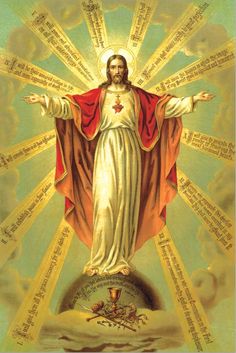
 VER THE last several years, an important lecture series has unfolded in New York City. Organized by The Catholic Artists Society, the Art of the Beautiful series takes place at the Catholic Center at NYU. The society, according to its self-description, “seeks to encourage the ongoing artistic and spiritual development of artists and media professionals, so that their work may more perfectly reflect God’s glory, enriching and ennobling men and women, our society and our culture.”
VER THE last several years, an important lecture series has unfolded in New York City. Organized by The Catholic Artists Society, the Art of the Beautiful series takes place at the Catholic Center at NYU. The society, according to its self-description, “seeks to encourage the ongoing artistic and spiritual development of artists and media professionals, so that their work may more perfectly reflect God’s glory, enriching and ennobling men and women, our society and our culture.”
The association’s lectures always pertain in some way to the field of aesthetics. The overarching theme this year is “Understanding How the Catholic Faith Informs the Arts,” and the talks will touch on topics in film, sacred music, literature, and history.
Of particular interest to our readers may be the presentation on November 8th by Sir James Macmillan, one of the foremost composers writing today. (Incidentally, an interesting interview with Macmillan was recently published by National Review.)
The speakers and topics for this season will include:
T.J. Berden, filmmaker and producer of Paul, Apostle of Christ and Full of Grace (Friday, September 27, 2019)
Sir James Macmillan, composer and conductor (Friday, November 8, 2019)
James Matthew Wilson, poet, critic, and associate professor of literature at Villanova University (Tuesday, February 8, 2020)
Rev. Timothy Valentine, Diocese of Rockville Center (Tuesday, March 31, 2020)
Bronwen McShea, author, artist, associate research scholar with Princeton University’s James Madison Program (Tuesday, April 21, 2020)

The lectures all take place at the Catholic Center at NYU. Donations are requested from non-members. Starting times for the presentations vary; details to be found on the series poster.

